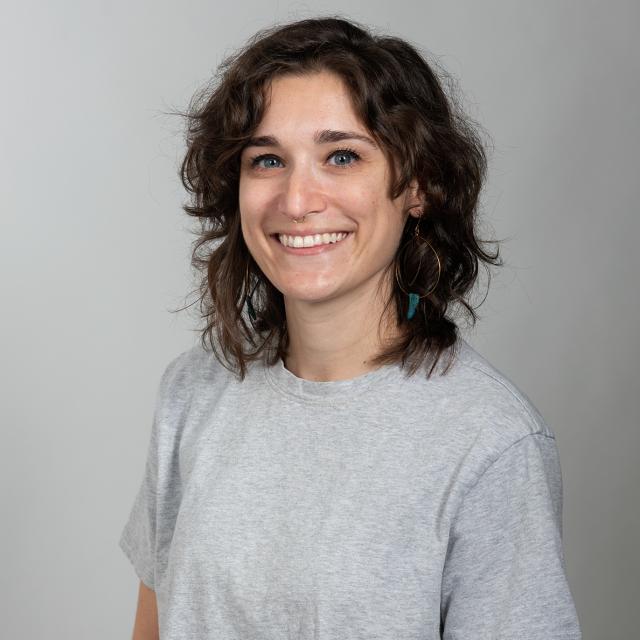Allison Mickel is Associate Professor of Anthropology in the Department of Sociology & Anthropology, and Director of Global Studies. She is also a core faculty member in Lehigh's Center for Global Islamic Studies. She received her PhD in anthropology from Stanford University in 2016 and her BA from The College of William and Mary in 2011.
Her research focuses on how local communities have impacted and been affected by the long history of archaeological work in the Middle East. By interviewing current and former site workers employed on archaeological projects, and utilizing statistical and visual methods like social network analysis, Allison Mickel maps, measures, illustrates, transcribes, outlines, and stipples the roles that local community members play in the processes of archaeological knowledge production. She has excavated in Jordan, Turkey, Kenya, and the United States, and is now undertaking an NEH-funded ethnographic project centering on two new private companies in Jordan advocating for the recognition of local expertise and fair labor conditions on archaeological excavations.
Allison Mickel's newest book, Why Those Who Shovel are Silent: A History of Local Archaeological Labor and Knowledge, published in March 2021 by University Press of Colorado, focuses on the ways in which archaeological excavations rely on the expertise that locally-hired laborers possess about archaeological remains and methodologies. Mickel was recognized with the G. Ernest Wright Award, "given to the author/editor of the most substantial volume(s) dealing with archaeological material, excavation reports and material culture from the ancient Near East and Eastern Mediterranean," for Why Those Who Shovel are Silent. Her previous book, Archaeologists as Authors and the Stories of Sites: Defending the Use of Fiction in Archaeological Writing, explored the politics of representation in publications about archaeology, and the potential for fiction to engage new audiences in archaeology. She has also published in peer-reviewed journals including the Journal of Archaeological Method & Theory, Journal of Field Archaeology, Archaeologies, Public Archaeology, World Archaeology, Antiquity, Near Eastern Archaeology and Anthropology & Humanism.
In addition to her scholarly work advocating for more inclusive practices in archaeology, Allison Mickel is also an active public anthropologist, writing for newspapers and online platforms, volunteering with the organization Skype a Scientist, reviewing educational material for organizations like the Boy Scouts of America, and organizing annual outreach events with local public schools for Anthropology Day. She has published in outlets for diverse public audiences including Biblical Archaeological Review, Sapiens, RaceBaitr, The St. Louis Dispatch, and The Morning Call.


